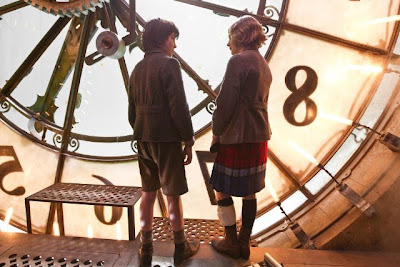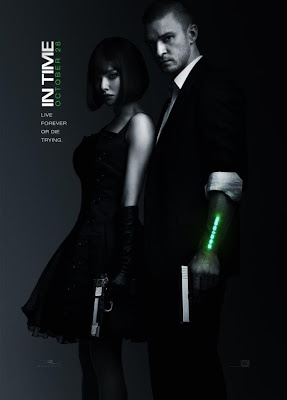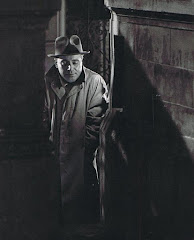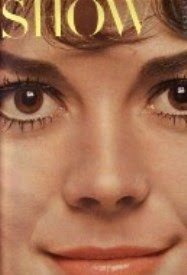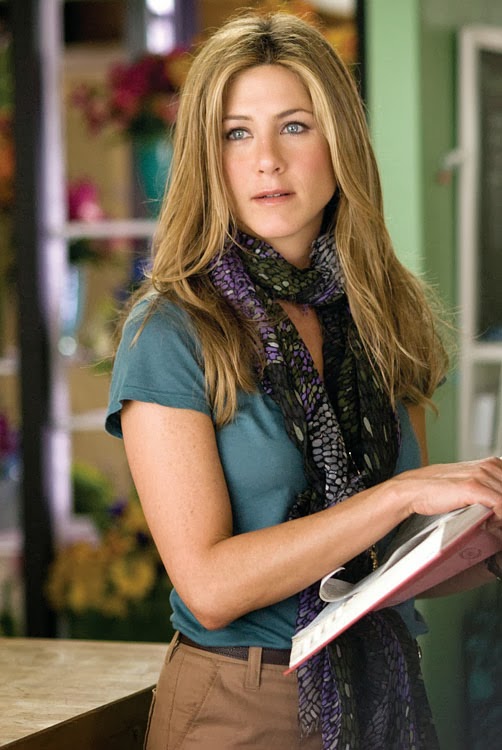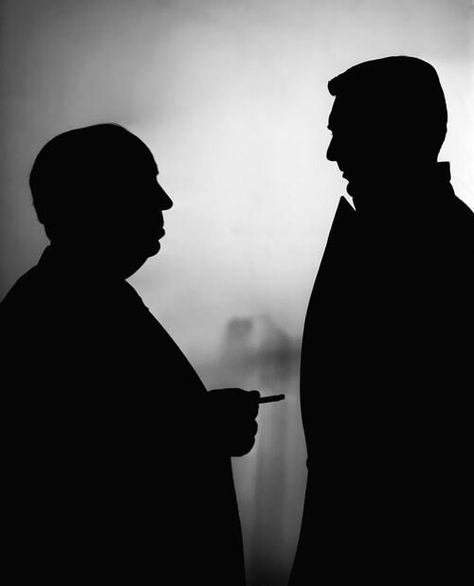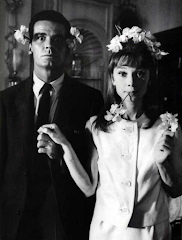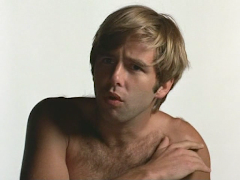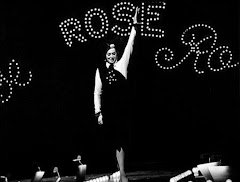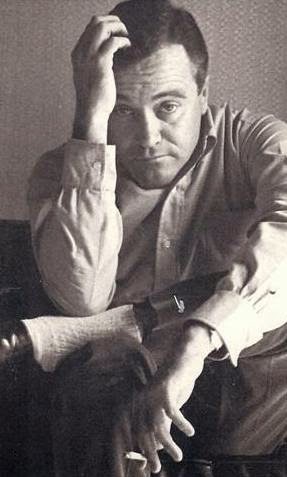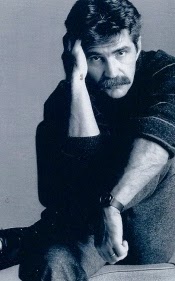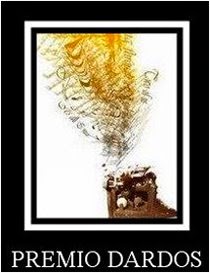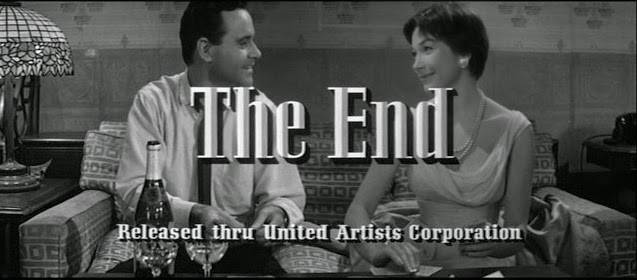

Happily, Charles Walters' generally overlooked 1960 comedy, "Please Don't Eat the Daisies," has become something of a Turner Classics staple. The MGM film pops up with some frequency - more recently at 6 p.m. (est) tonight - and becomes more watchable with each viewing.
Based on the book of the same title by the late Jean Kerr, who was, of course, the wife of the great New York Times theater critic, Walter Kerr, the film slyly fictionalizes her adventures as the wife of an influential critic and benefits strongly from the offbeat teaming of Doris Day and David Niven in the roles of Jean and Walter, here named Kate and Larry Mackay.
The titantic supporting structure of the film is Day who turns in one of her most naturalistic, effortless performances (this film was wedged between her roles in 1959's "Pillow Talk" and 1960's "Midnight Lace") and her chemistry with the always game, smoothly professional Niven is singular.
And for a filmic soufflé, the movie astutely suggests the essence of criticism, which can be heady and dark. (It isn't long before Larry is cracking cruel, snarky jokes in print and Kate is wondering if he made up his mind beforehand about how he'd respond to a play he just panned.)
The ace supporting cast includes Jack Weston, Richard Haydn, Patsy Kelly, Spring Byington, the invaluable Carmen Phillips and ...
Janis Paige, who here comes full circle with Day.
Paige and Day first appeared together in Day's debut film under her Warner contract, Michael Curtiz' 1948 "Romance on the High Seas." Six years later, in 1954, Paige starred on Broadway as feisty Babe Williams in the Jerry Rose-Richard Adler musical, "The Pajama Game," playing opposite John Raitt. Day, of course, was recruited by Jack Warner to play the same role, also opposite Raitt, in his 1957 film version, directed by Stanley Donen and George Abbott.
Three years later, Day and Paige were together again in "Daisies."

Getting back to Jean Kerr, her life as a writer of books and plays and as the wife of a drama critic was also chronicled in Don Weis' 1963 comedy "Critic's Choice" (also for Warners), with Bob Hope as a theater critic whose wife, played by Lucille Ball, decides to write her own play.
"Critic's Choice" is based, in turn, on the 1960 Ira Levin stage comedy which was directed by Otto Preminger and starred Henry Fonda in the role of the critic.
The ever-resourceful programmers at TCM were cleverly enough to pair "Critic's Choice" with "Please Don't Eat the Daisie" on November 6th. To complete this "Jean Kerr package," they might have gone all the way and added "Mary, Mary," Mervyn LeRoy's film version of the 1960 hit play by Kerr that inspired Levin to pen "Critic's Choice."

In his Friday, October 25, 1963 review, Bosley Crowther of The New York Times wrote of the Warner film:
"Obviously, Mervyn LeRoy did a little bit more than merely place his camera in the Helen Hayes Theater and shoot a straight running photograph of a performance of 'Mary, Mary' to get a film of the Jean Kerr comedy. But you would hardly be able to tell it from the rigidly setbound quality of his film version of the long-run stage play, which came to the (Radio City) Music Hall yesterday."
That just about says it all. Rarely has a film of a play been as faithful as LeRoy's film version of Kerr's urbane comedy, which was the most acclaimed stage farce of its time. As Crowther indicated, the work of LeRoy's art director John Beckman and set decorator Ralph S. Hurst borrows heavily from the play's celebrated designer, Oliver Smith. Debbie Reynolds took over Barbara Bel Geddes's stage role, but the play's leading men, Barry Nelson and Michael Rennie, were back on that familiar set.
Yes, the film - about a divorced couple brought together for income tax purposes - is stagebound, but that's what I find wonderful about it. I like the idea of being transported back to the Helen Hayes Theater in 1960. LeRoy's movie perfectly approximates the joy of attending a matinee performance of a stylish, sophisticated comedy.
Anway, next time around, TCM, a Jean Kerr
triple-bill is in order.
Note in Passing: Whoever writes the film capsules for The New York Times these days misidentifies the source of "Please Don't Eat the Daisies," crediting it as being based on "Jean Kerr's play."
This is
The New York Times, folks.
 I never quite "got" the Fox Movie Channel.
I never quite "got" the Fox Movie Channel.




